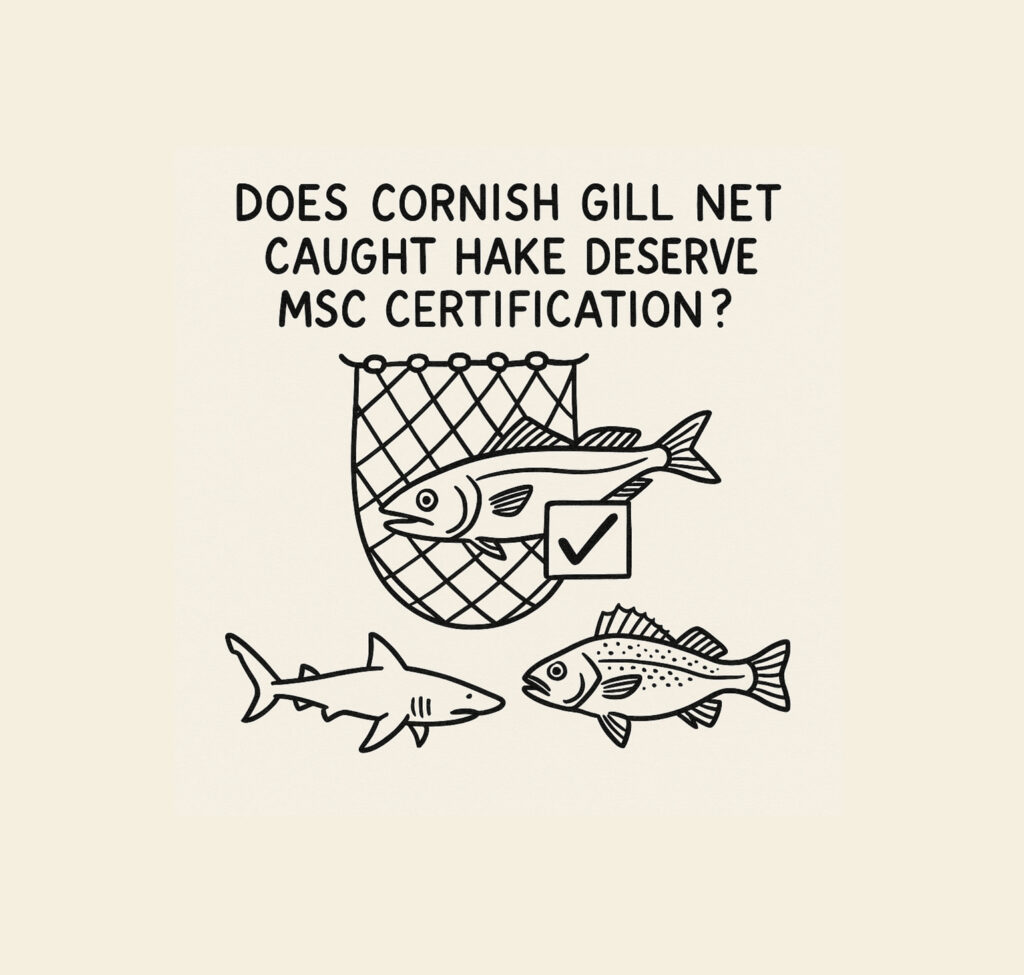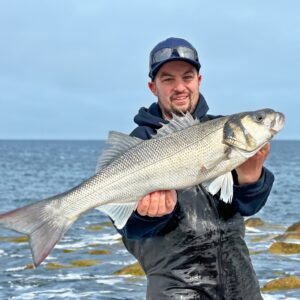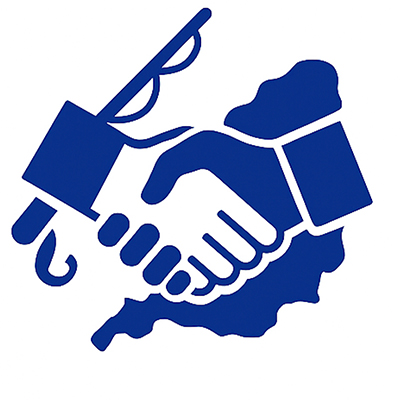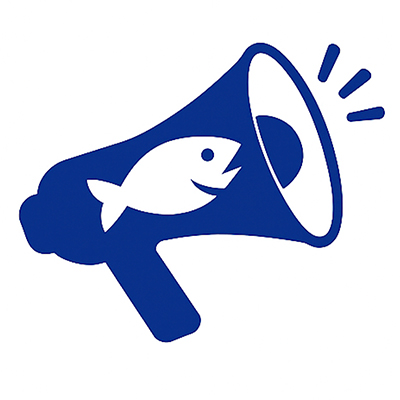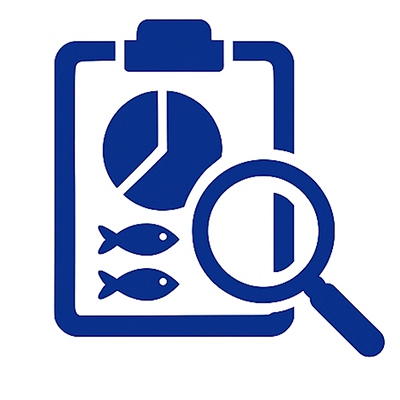Marine Stewardship Council (MSC) certification is widely seen as a mark of sustainability. The blue tick assures consumers that a fishery operates in a way that preserves fish stocks and protects the environment. However, there are growing concerns about the sustainability of certain fisheries with this certification, such as the Cornish gill net caught hake fishery. Despite hake itself being a key target species, the bycatch issues raised by this fishery challenge the very definition of sustainability.
While hake may be targeted in this fishery, the practice of gill netting in Cornwall brings with it a significant bycatch problem. Species such as spurdog, porbeagle sharks, and bass are regularly caught and discarded, with serious consequences for these species’ populations. The bycatch implications suggest that this fishery may not be as sustainable as it claims, particularly when sustainability cannot be defined by a single species in isolation.
The Bycatch Problem
The bycatch issue in the Cornish gill net caught hake fishery is a serious concern. Spurdog is frequently caught over the slot limit size and discarded, which is particularly worrying given the vulnerable status of this species. Not only is this wasteful, but it also puts additional pressure on an already fragile population.
Porbeagle sharks are also caught in these nets, and the majority are dead upon being hauled in. These sharks, as obligate ram ventilators, rely on constant movement to breathe, suffering near immediate mortality when caught in gill nets. The fishery’s failure to account for this unavoidable death further calls into question its sustainability.
Another troubling issue is the fishery’s reliance on the pollock quota. The hake fishery takes up much of the remaining pollock quota to avoid being “choked,” creating pressure on other species’ populations. This practice raises further concerns about the sustainability of this fishery, as it indirectly affects the ability to manage other stocks.
The discarding of large breeding bass during the bass closed season is perhaps the most damaging aspect of this fishery. These fish, essential to maintaining healthy bass stocks, are caught and discarded, undermining efforts to protect this vulnerable species. With bass under significant pressure due to overfishing, the discard of large, breeding individuals only exacerbates the problem.
Is Sustainability About the Species in Isolation?
The question at the heart of the debate is whether sustainability should be defined by a single species in isolation. While hake may be considered a healthy stock, the bycatch of spurdog, porbeagle sharks, and bass cannot be ignored. Sustainability is about the health of the entire ecosystem, not just one species.
The bycatch in the Cornish gill net fishery demonstrates that sustainability must take into account the broader environmental and ecological impact. The fishery may be sustainable in terms of its target species, but the harm caused to other species calls into question the validity of this claim. If a fishery’s practices result in the unnecessary death of vulnerable species, can it truly be considered sustainable?
Time for a Broader Definition of Sustainability?
The Cornish gill net caught hake fishery may meet certain MSC criteria, but its bycatch problem raises serious doubts about whether it should retain certification. Bycatch is not only wasteful, it causes immediate mortality to vulnerable species like porbeagle sharks and spurdog, and harms the conservation efforts for bass. Sustainability cannot simply be about the target species; it must encompass the whole ecosystem.
As awareness of the complexities of sustainability grows, the MSC must ensure that its certification reflects a more holistic view of environmental impact. If a fishery continues to harm other species while targeting a healthy stock, it should not be allowed to claim sustainability. True sustainability requires a broader approach, one that addresses the ecosystem as a whole and ensures that no species is sacrificed for the sake of another.

